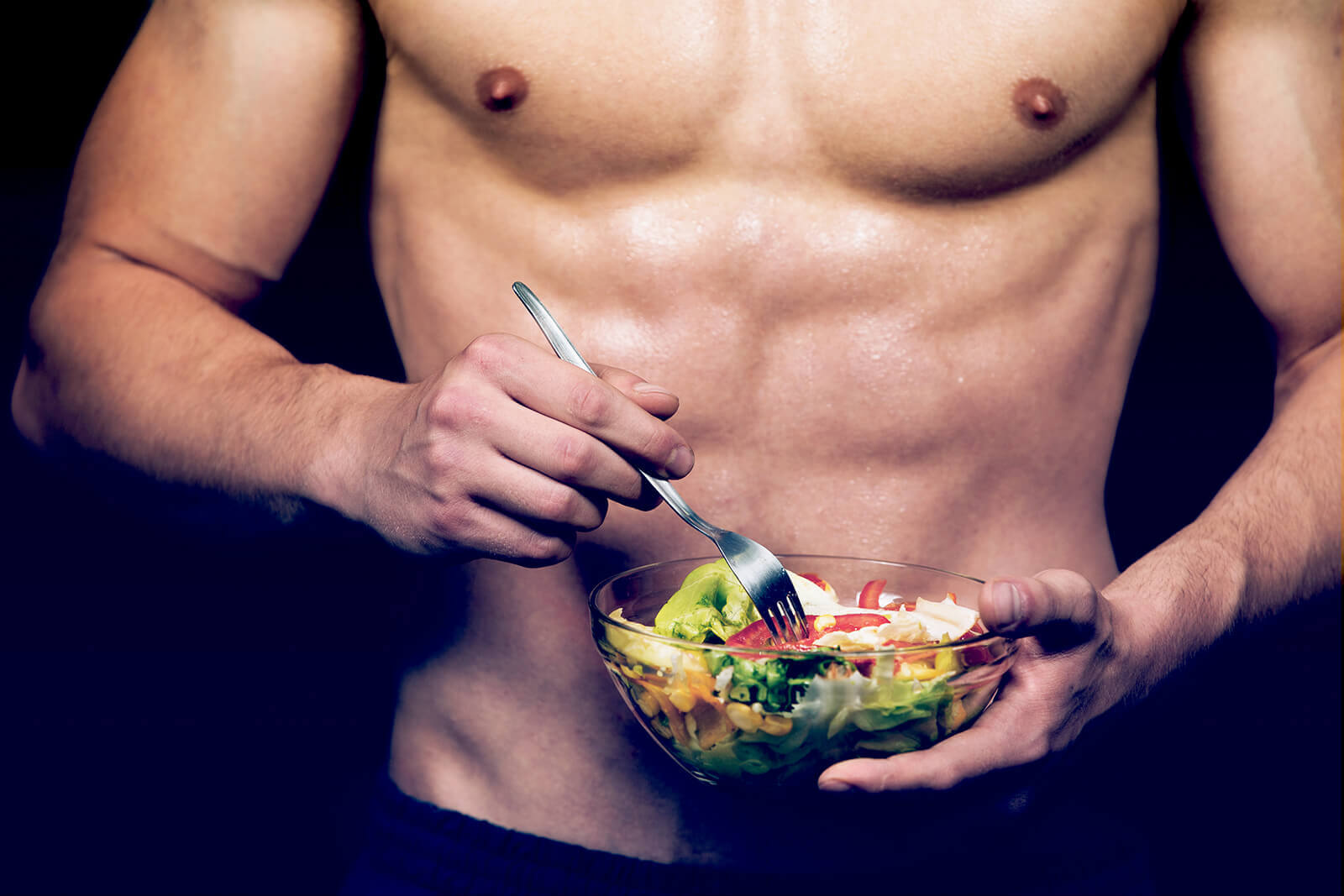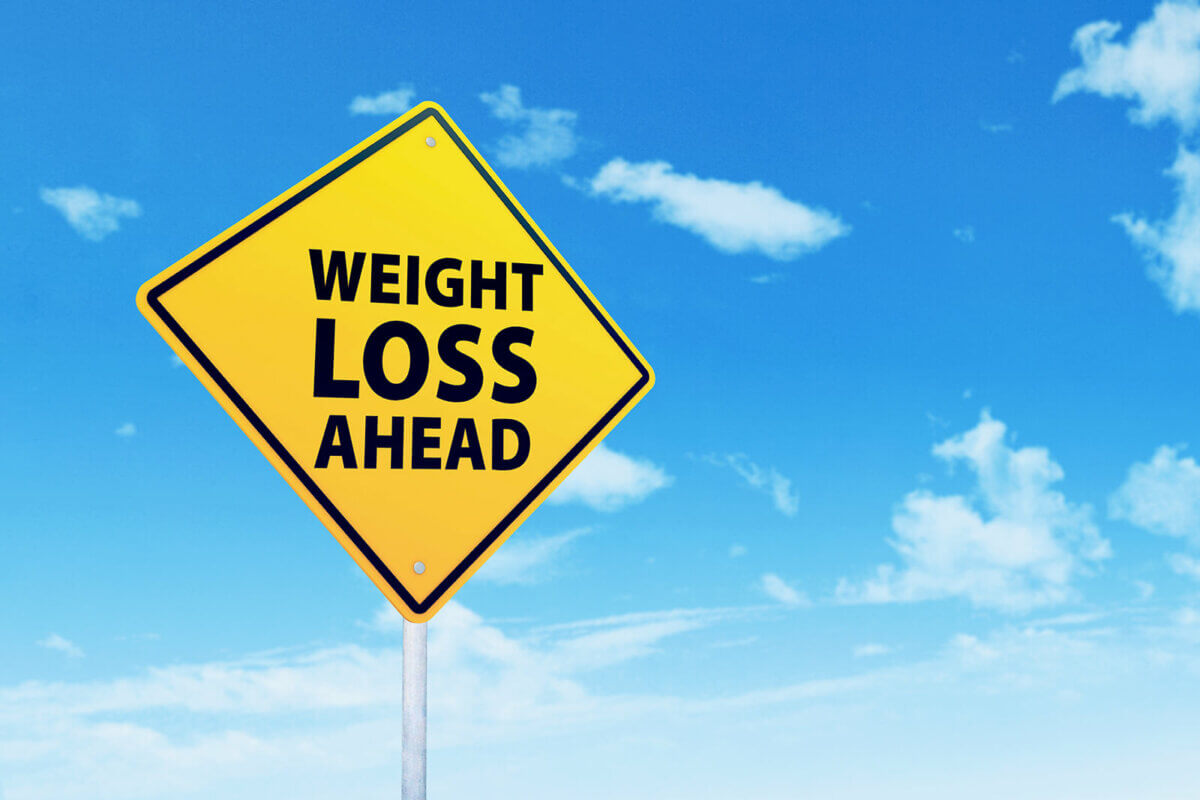
“Can you lose fat and build muscle at the same time?” may be one of the ultimate questions in the world of fitness. We all know that when you want to maximize fat loss you must be in a calorie deficit and in a calorie surplus when you want to maximize muscle gain. But what about gaining muscle while being in a calorie deficit?
Overview
What did they test? This study reviewed the current available literature to understand the effect of a calorie deficit on gaining muscle mass.
What did they find? A calorie deficit impaired gains in muscle mass and when taken beyond roughly 500 calories, it resulted in losses in muscle mass.
What does it mean for you? A moderate deficit at around 500 calories below maintenance combined with a relatively high protein intake and resistance training is your best bet to avoid muscle loss during fat loss phases.
What’s the Problem?
Losing fat and building muscle at the same time is the ideal outcome of any training or diet intervention when the goal is improving body composition. As a coach it is a question I get very often and unfortunately a question that is not always as easy to answer as one may think.
Supplement companies and “gurus” often promote supposedly magical supplements, diets and workout plans that will help you gain muscle while simultaneously burning fat, but only end up disappointing whoever buys into the promise of quick gains on both sides of the spectrum (ie: muscle AND fat loss).
As you may already know, gaining muscle is best achieved by being in a calorie surplus, the state where you consume more calories than your body needs, providing your body with enough energy to support the process of generating new muscle tissue. Losing fat on the other side is achieved by consuming less energy (ie: calories) than your body uses, requiring it to use your stored energy (body-fat) and thus leaving you looking leaner.

The idea of gaining muscle while losing fat is often called “recomposition” or “recomp” for short. Recomposition is a process where you may not see huge decreases in body weight but look noticeably leaner as you’re simultaneously losing fat and gaining muscle. Although possible, the process of recomp sounds a bit “too-good-to-be-true”, which I think is mainly due to the expectations that have been attached to the term by the industry, gurus etc. Losing fat and building muscle at the same time is possible in certain contexts (eg: in beginner trainees and obese individuals) but is a potentially slow process and most likely not an 8-week “day and night” transformation for someone who has been lifting for several years and is already somewhat lean. Body recomposition is often a result of being on maintenance calories while also consuming a relatively “high” amount of protein and engaging in vigorous resistance training, rather than when being in a calorie deficit, which is why we often see signs of recomposition in beginners who are not really gaining or losing weight, but have just started to lift 1.
A 2019 MONSTER paper by Slater et al 2 examined the available literature at the time to look at whether an energy surplus is required to maximize hypertrophy and noted that although muscle gains in a calorie deficit may be possible, it’s probably beginner trainees and/or overweight/obese individuals that will experience muscle gains while also losing fat when resistance training and being in a calorie deficit, as the limited data on resistance trained individuals showed that a calorie deficit will most likely impair muscle gains 2. They also noted that further research is needed to fully understand whether one can build muscle while in a calorie deficit.
So the question remains, can you build muscle during a deficit? Is all hope lost? The study by Murphy and Koehler 3 may help us get closer to the truth (spoiler alert on the title of the study).
If you would like to continue reading...
Reps: A Biolayne Research Review
Only $12.99 per month
- Stay up to date with monthly reviews of the latest nutrition and exercise research translated into articles that are easy for anyone to understand.
- Receive a free copy of How To Read Research, A Biolayne Guide
- Learn the facts from simplified research
About the author

Pak
Pak is the Chief Editor of REPS, an online coach and a researcher. Pak did his PhD at Solent University in the UK on “the minimum effective training dose for strength”. As a Researcher, Pak is a Visiting Scholar in Dr. Schoenfeld's Applied Muscle Development Lab in New York City. Pak's research focuses on all...[Continue]
More From Pak




